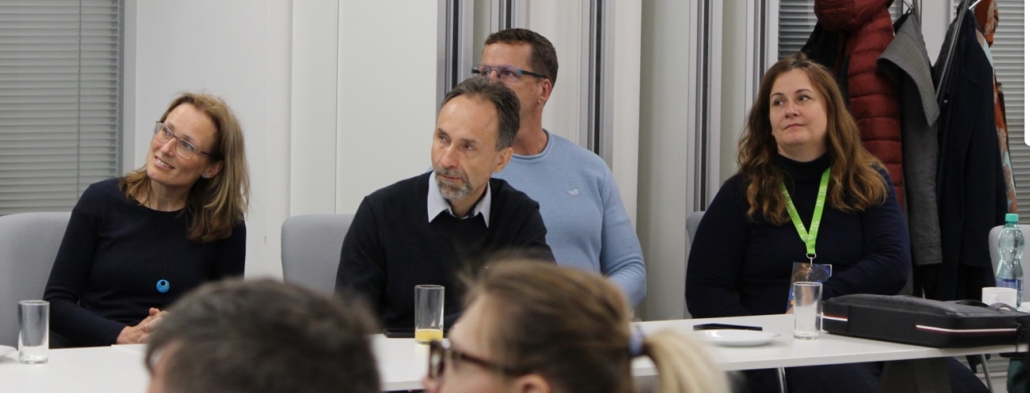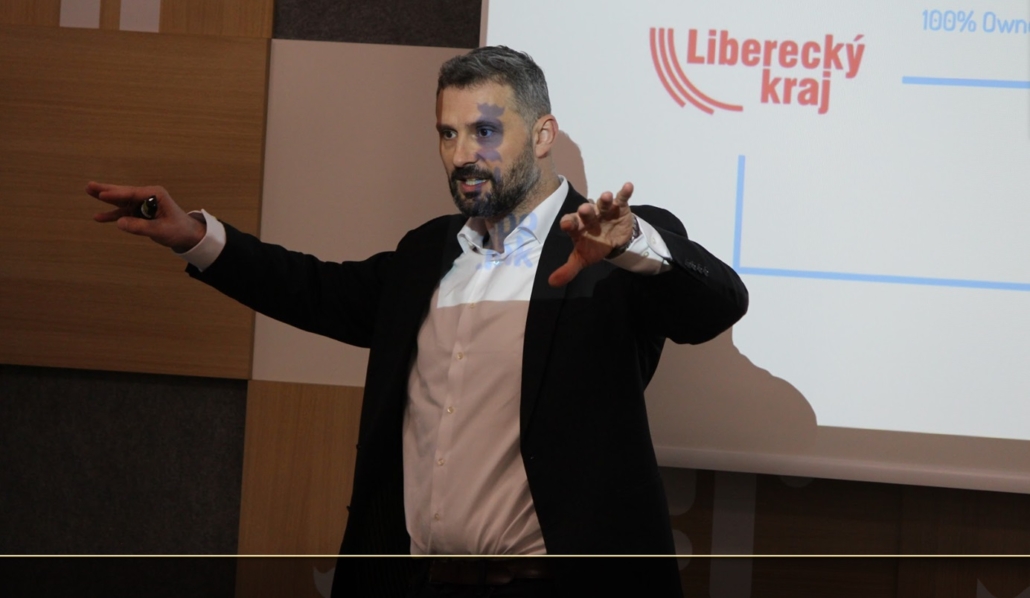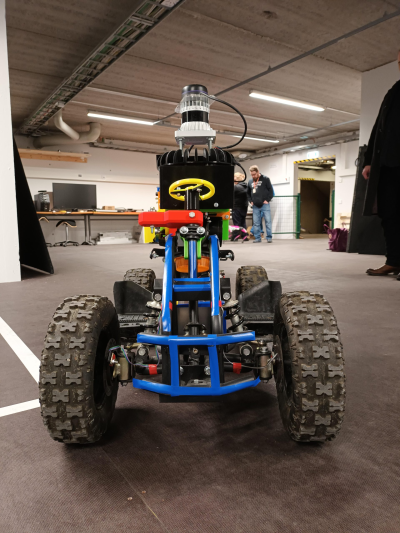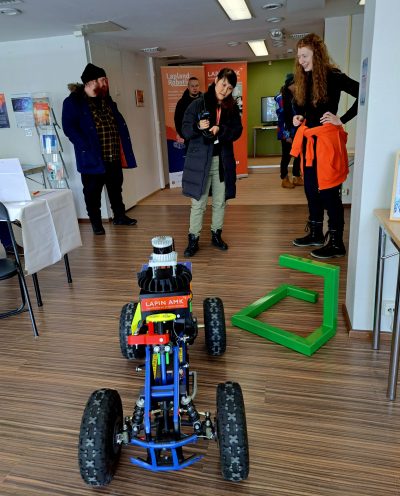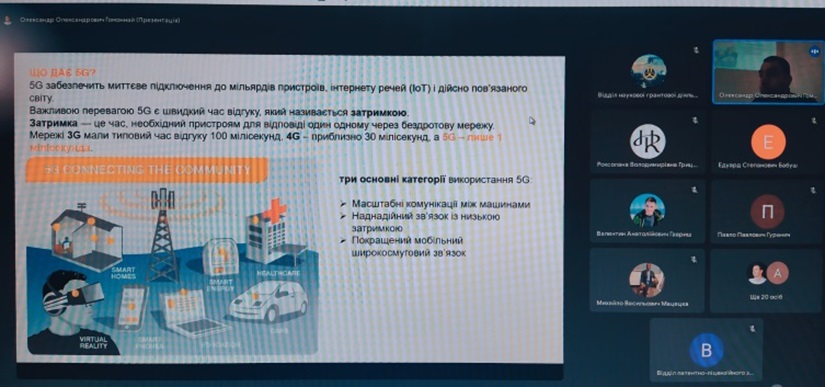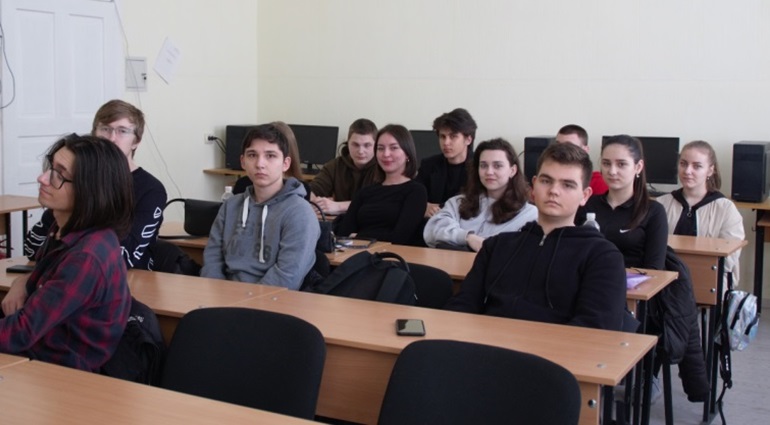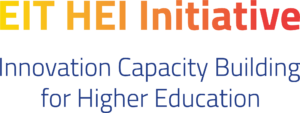Innovation picnic: Regional delicacies from LipoInk
2nd Local Event at TUL by Jana Šimanová
The second local event took place on 24th April at the regional incubator LipoInk, which is owned and financed by the Liberec Regional Authority. More than 10 deep-tech companies are currently located in LipoInk. 18 representatives of the regional incubator management, Hardwario, Flapper Drones, NullSpaces and TUL presented and discussed topics related to entrepreneurship education, business start-ups, funding opportunities and support from public and private institutions. LipoInk representatives presented the main support programmes for start-ups – Ambulance, Kick Off & Gym for Startups and Full Fat for Scaleups. The cooperation between LipoInk and the Technical University of Liberec takes place within the framework of entrepreneurship education and the Student Business Club, especially the TUL Start-up Competition, in which the entrepreneurial mentors from LipoInk participate. Some student start-ups are included in the incubation programme – currently, for example, the project of a student from the Faculty of Textile Engineering – EcoHaus, which deals with ecological laundry.
LipoInk, which is run by the Regional Development Agency, a company that is 100% owned by the Liberec Regional Authority, is a beacon for budding entrepreneurs in the Liberec Region. The problem in the future may be the financing of the incubator, which is mostly provided from the public budget of the Liberec Regional Authority, and in this context the political risk was often mentioned. The incubated companies largely benefit from the Czech Republic’s “Technological Incubation” grant programme, under which they can receive financial support for up to 5 years, including for the services provided by LipoInk.
